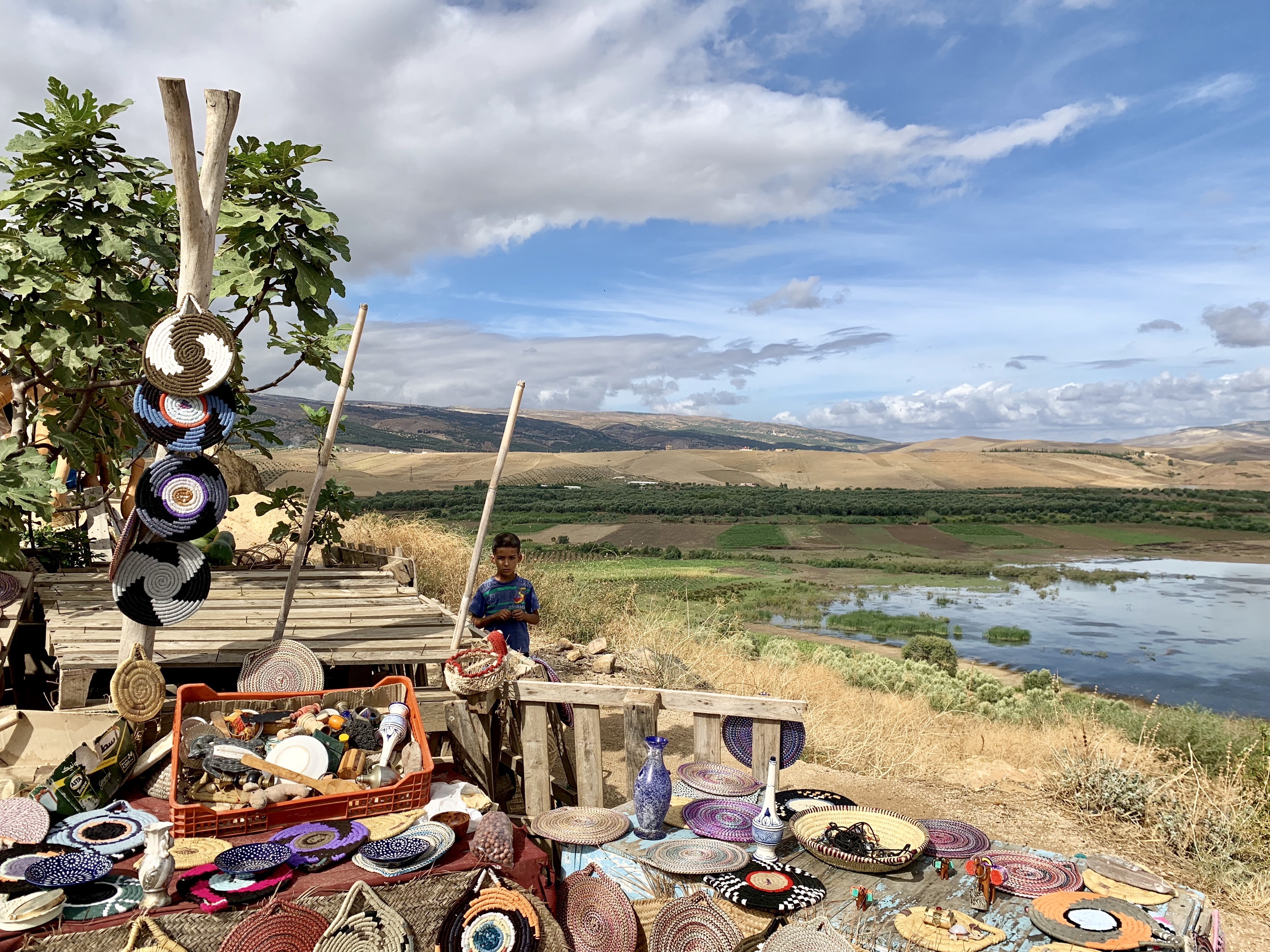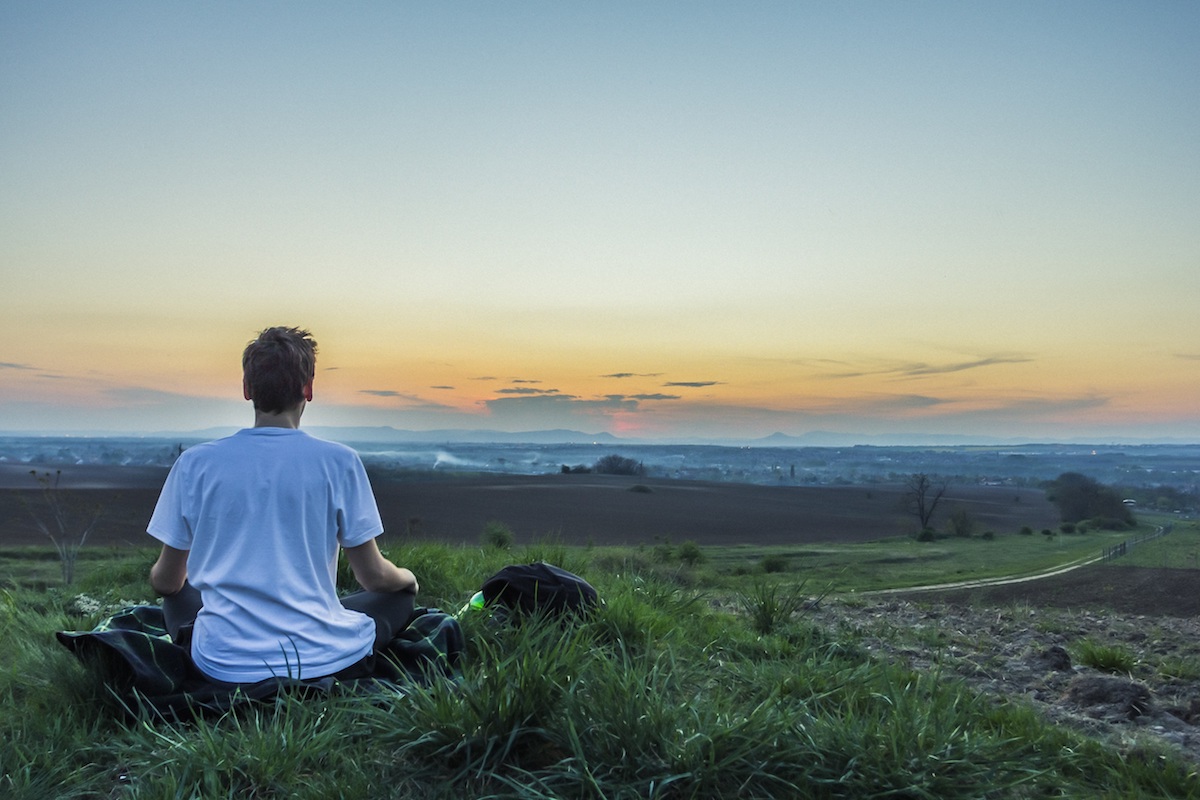“Life is hard. After all, it kills you.”
These words, commonly attributed to the late American actress, Katharine Hepburn, are a bit of a downer. But they’re also unquestionably, inevitably true. As beautiful as it may be, life really is hard. And in the absence of a clear instruction manual, it can sometimes feel like we’re stumbling more than striving as we make our way through it. Each one of us, without exception, is bound to encounter hardship at some point in life. But we don’t all experience our adversities in the same way. While some of us are crippled by our struggles, others approach them as catalysts for growth.
Undoubtedly, life’s difficulties come in various magnitudes and degrees of devastation. But those that don’t kill us must somehow be dealt with, one way or another. Between the time we’re born and the time we die, there’s a space of time in which we encounter, interpret, and respond to what we experience. Most people, at least the ones I talk to, hope to not only survive life, but to thrive within the time they’re given. And though a fortunate few people are able to thrive without effort, the rest of us have to work toward that ambition.
When it comes right down to it, the difference between fully thriving and merely surviving is how we deal with our circumstances. What do we do in the face of the tough stuff? Do we cope, or do we cop out? Now, before you accuse me of being insensitive to the plight of the disadvantaged or those heavily burdened by matter of genetics, upbringing, or circumstance, let me clarify a couple of things. When I refer to coping, I’m talking about what happens when we acknowledge our difficulties and take responsibility for responding to them in order to mitigate the struggle and alleviate our distress. When I say copping out, I’m referring to what happens when we avoid or deny our struggles, bypass the feelings they bring up, and attempt to evade our responsibility for dealing with them. No matter how difficult our lives might be, all of us have the choice to either cope or cop out. And, in reality, it’s one of the only options any of us really have. So, how can you tell which one you’re doing?
If you’re coping . . .
- You acknowledge and accept that life isn’t all sunshine, lollipops, and rainbows.
- You recognize what you’re feeling and do what you can to work through it.
- You own that while much of life is out of your control, how you respond to it isn’t.
- You take responsibility for facing what’s in front of you, and you find a way to deal with it.
- You ask for support when you need it.
- You take care of yourself when life’s got you down.
- You find ways to create a sense of meaning out of the difficulties you encounter.
- You use your struggles as a source of strength.
If you’re copping out . . .
- You avoid or downplay your difficulties.
- You routinely blame circumstances or other people for how you feel.
- You react impulsively to challenges and don’t reflect on those reactions afterward.
- You bypass or suppress painful emotions when they come up.
- You deny or resist support when you need it.
- You try to push through, push stuff down, and pretend like everything’s fine when it isn’t.
- You tell yourself that your struggles aren’t important and your emotions don’t matter.
- You feel like a victim of life, with no options other than to endure it.
Whichever category you think you fall into, know that there’s no value judgment attached to it. You’re not a superior person if you cope, nor a bad one if you tend to cop out. Instead of judging or comparing yourself according to how you deal with life’s difficulties, consider reflecting on how you’d prefer to do it. If you want to become the kind of person who copes and creates meaning when the going gets tough, make that a daily intentional practice. Look for inspiration in the stories of people who overcame tremendous adversity and found a way to flourish. Viktor Frankl, one of those people whose story of resilience is an example for us all, offered a profound reminder for any of us who want to do more coping than copping out:
“Everything can be taken from a (wo)man but one thing: the last of human freedoms—to choose one’s attitude in any given set of circumstances, to choose one’s own way.”








